fall watering/feeding
ynot
11 years ago
Related Stories
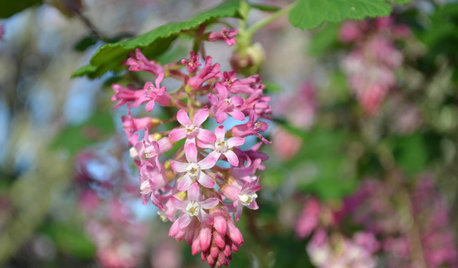
GARDENING GUIDESGreat Design Plant: Feed Wildlife With Flowering Currant
Blossoms and berries make this plant irresistible to birds, bees and other critters — and a treat for the eyes too
Full Story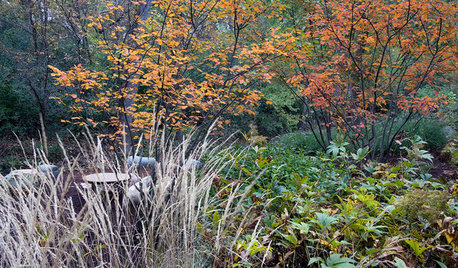
GARDENING GUIDES8 Native Shrubs for Year-Round Bird Feeding
It’s not just about berries. These plants provide insects for birds and seasonal interest for gardeners
Full Story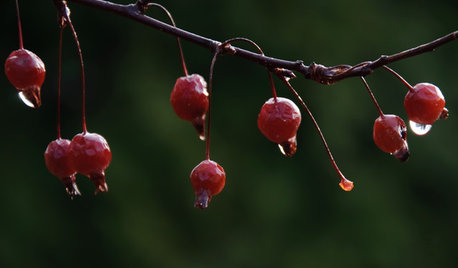
GARDENING FOR BIRDSFeed the Birds: 6 Plants for Abundant Winter Berries
Be kind to your fair feathered friends during lean food times by planting a shrub or tree loaded with nutritious snacks
Full Story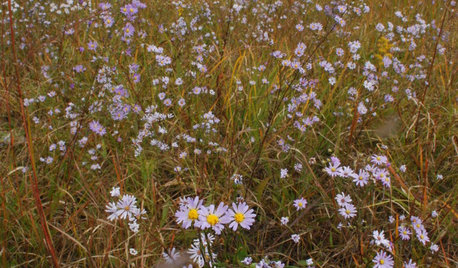
GARDENING GUIDES15 Native Flowers That Feed Native Bees
These perennials offer superfood to hundreds of bees and are gorgeous in their own right
Full Story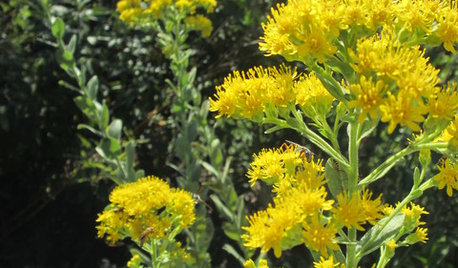
FALL GARDENINGGreat Design Plant: Oligoneuron Rigidum Brightens Fall Gardens
Create a pollinator feeding ground with this cheery, fuss-free goldenrod, formerly known as Solidago rigida, native to much of the U.S.
Full Story
HOME TECHTo Feed and Protect: Care for Your Pet From Afar With New Devices
You might miss the nuzzles, but your dog or cat won't miss food, water or monitoring with these high-tech feeders and cameras
Full Story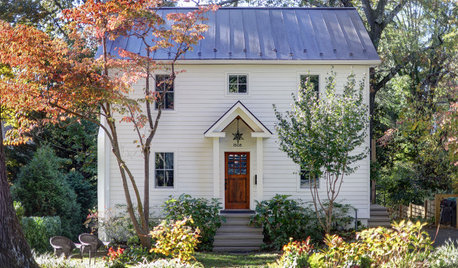
FALL GARDENINGMake This Fall’s Garden the Best Ever
Learn the most important tip for preventing buyer’s remorse, plus get more valuable buying and planting advice
Full Story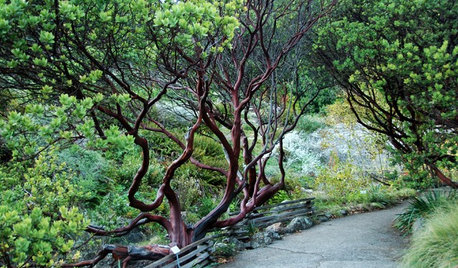
GARDENING FOR BUTTERFLIESGreat Design Plant: Parry Manzanita Stands Out in Low-Water Gardens
Make a dramatic architectural statement and feed wildlife in woodlands and more with Arctostaphylos manzanita
Full Story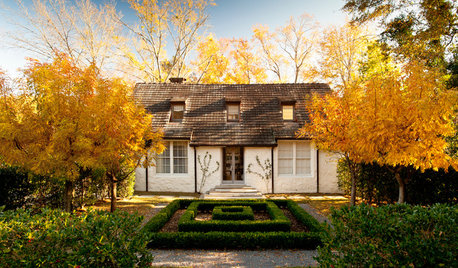
GARDENING GUIDES6 Plants for Colorful Fall Foliage in the Water-Wise Western Garden
Try these colorful, drought-tolerant additions to your garden for a fall season filled with color
Full Story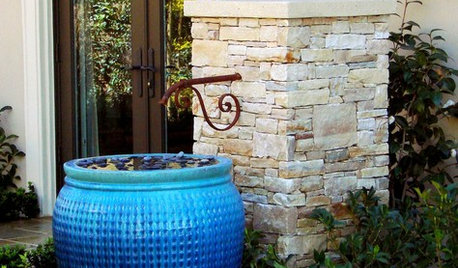
GARDENING AND LANDSCAPINGFall for a Water-Wise Fountain
No need to sacrifice beauty in the interest of water conservation — these smart fountain designs let you have both
Full Story





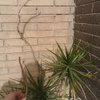
ynotOriginal Author
maple_grove_gw
Related Professionals
Forest Park Landscape Architects & Landscape Designers · Brookline Landscape Contractors · College Park Landscape Contractors · Midland Landscape Contractors · The Woodlands Landscape Contractors · Wailuku Landscape Contractors · Edmonds Window Contractors · Emeryville Window Contractors · Gibsonton Window Contractors · Mount Kisco Window Contractors · Tamalpais-Homestead Valley Window Contractors · Vero Beach Window Contractors · Beaverton Fence Contractors · Hopkins Fence Contractors · Ken Caryl Fence Contractorsrina_Ontario,Canada 5a
ynotOriginal Author
rina_Ontario,Canada 5a
tapla (mid-Michigan, USDA z5b-6a)